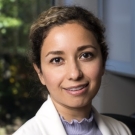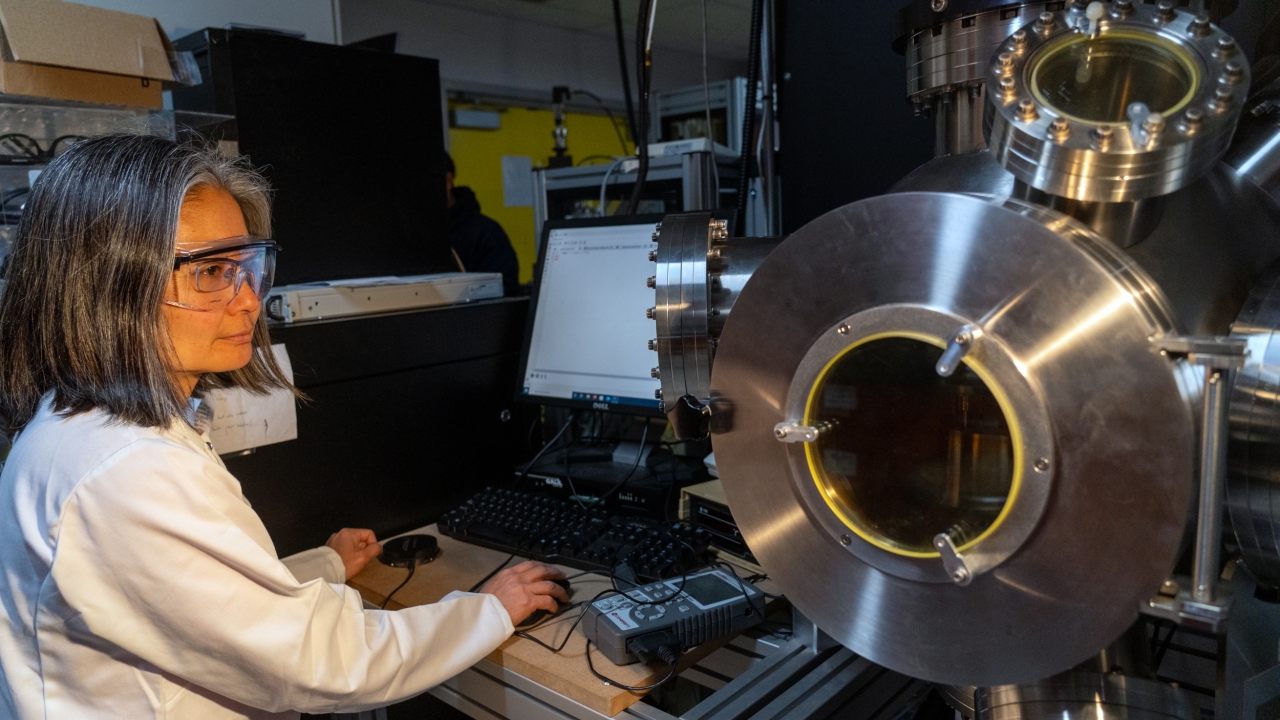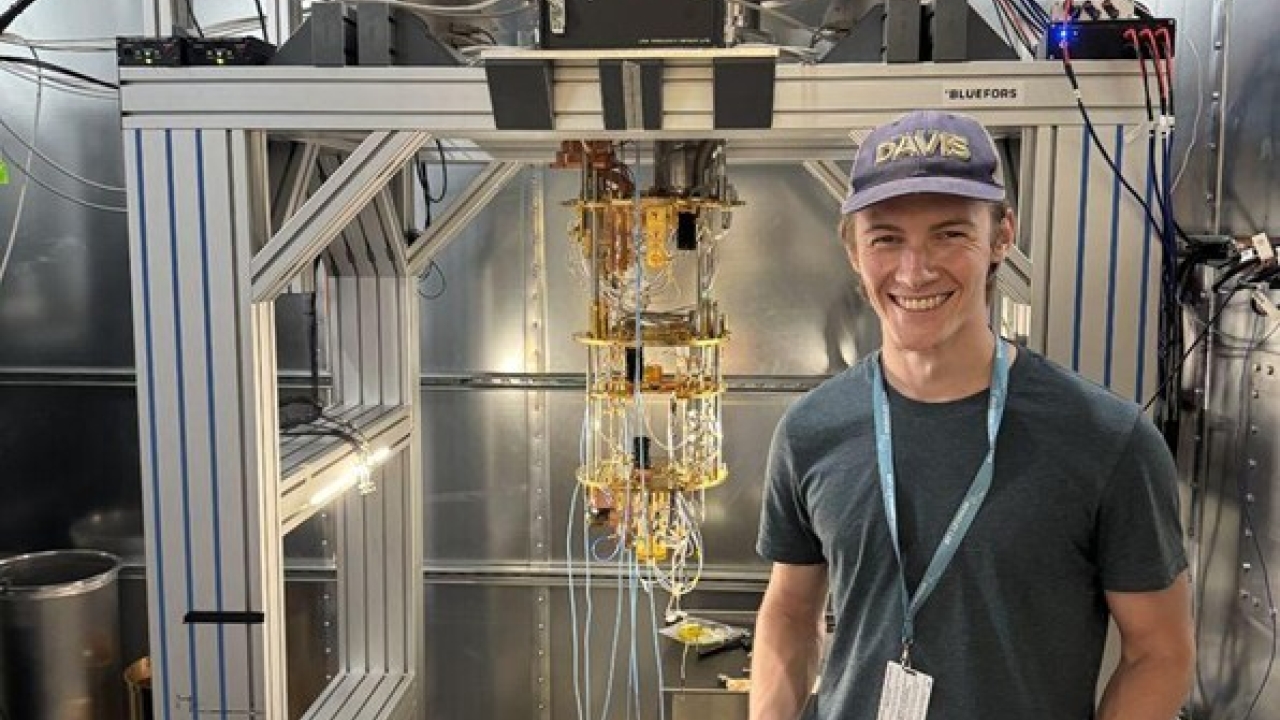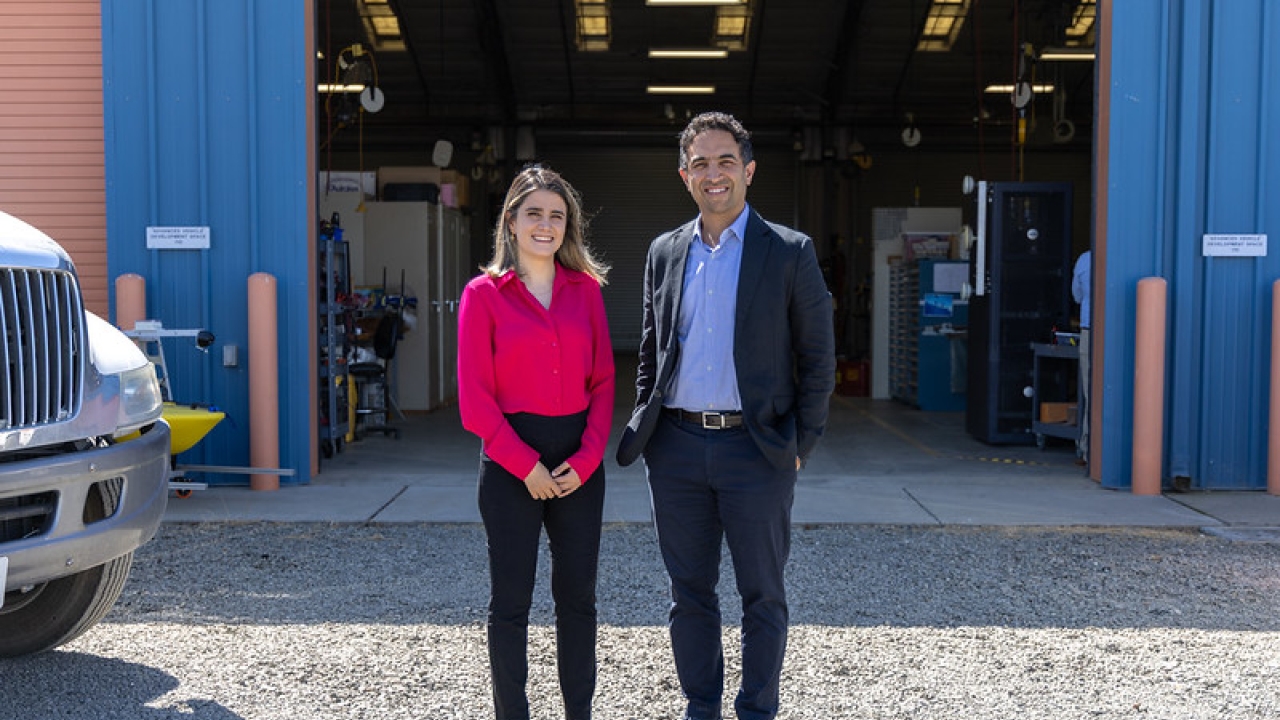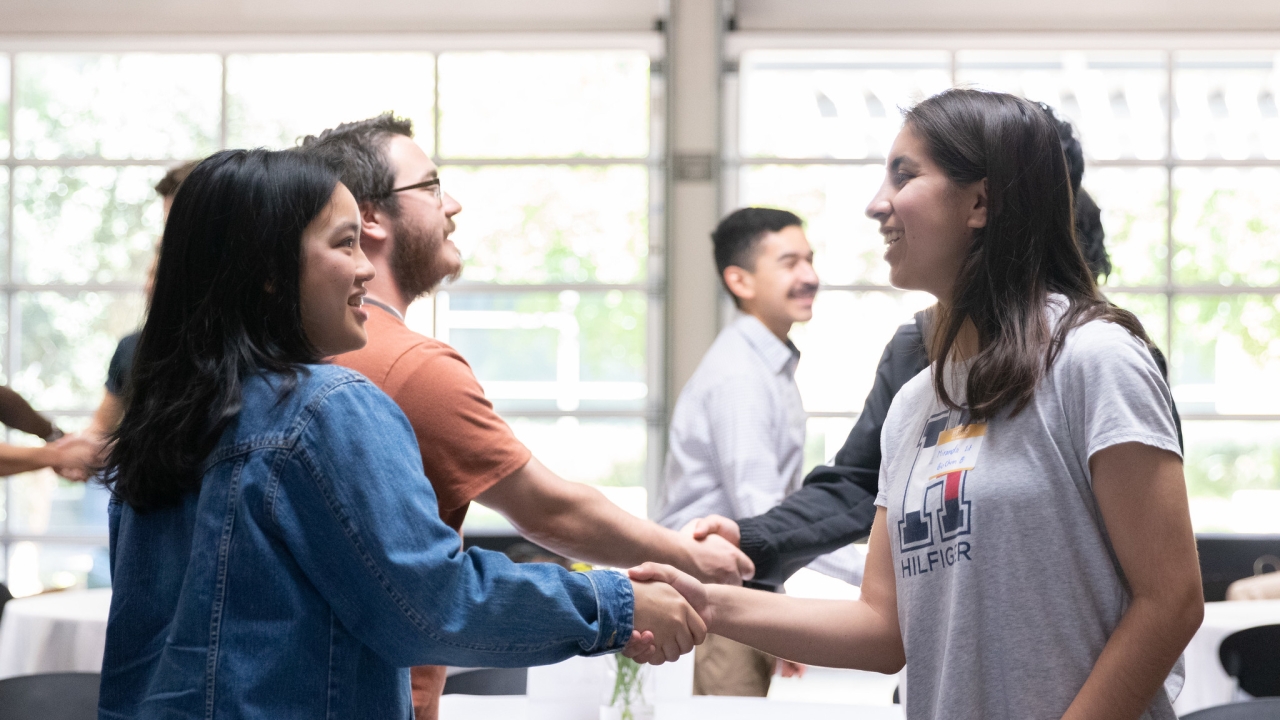
Creating Spaces: College of Engineering Fosters Inclusion of Women of Color in Tech
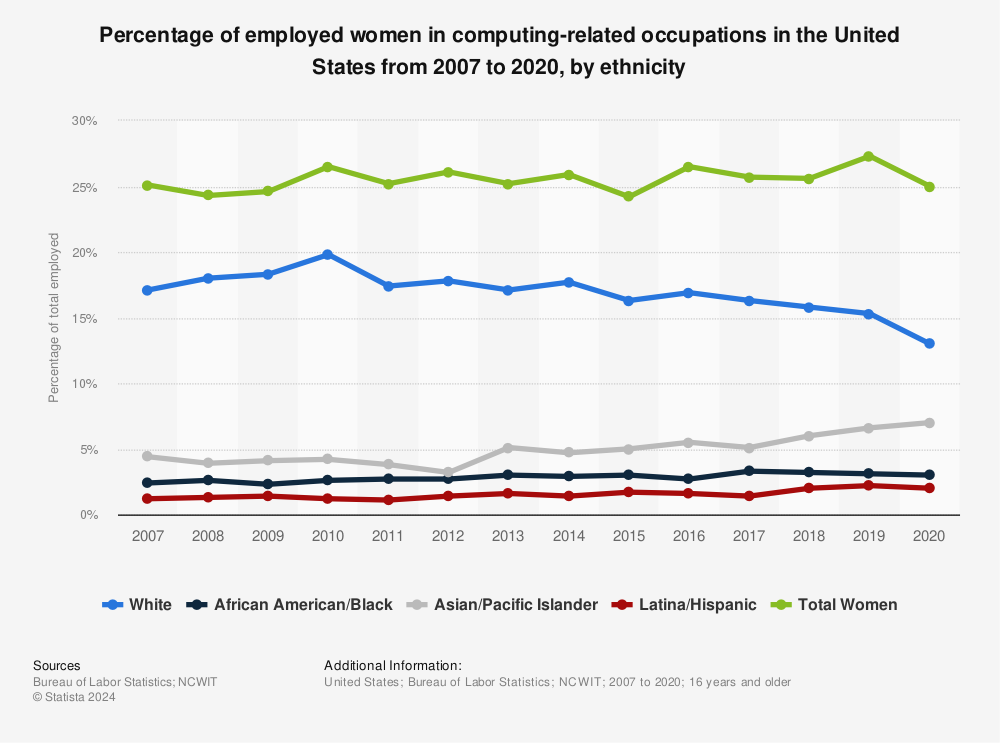
A 2021 Pew Research study found that while women are earning more than half of higher education degrees, they are still signifcantly underrepresented in the fields of engineering and computer science. Additionally, according to 2021 data from the Bureau of Labor Statistics, roughly 12% of all computing and mathematics occupations are held by women of color.
While the issues that lead to these statistics do not have one, simple fix, the University of California, Davis, and the College of Engineering are aiming to shift their trajectories through programs aimed at supporting women of color in their pursuit of STEM education and careers. The university has also joined other institutions in a new action collaborative developed by the National Academies of Science, Engineering and Medicine, to contribute to finding structural, systemic solutions at the national scale, positioning itself at the forefront of these conversations and enact change from the ground up.
A Meeting of Like Minds
In December, Setareh Rafatirad, an associate professor of teaching in computer science at UC Davis, represented the university at the inaugural meeting of the Action Collaborative on Transforming Trajectories for Women of Color in Tech founding members.
The action collaborative was developed by the National Academies in response to a 2022 consensus report that used data culled from current research and information-gathering workshops, which showed that women of color are largely underrepresented in tech fields and face systemic challenges in advancing to positions of leadership. The report seeks to serve as a guide to changing that fact by altering existing structures through enacting policies and practices that work to advance women of color in tech.
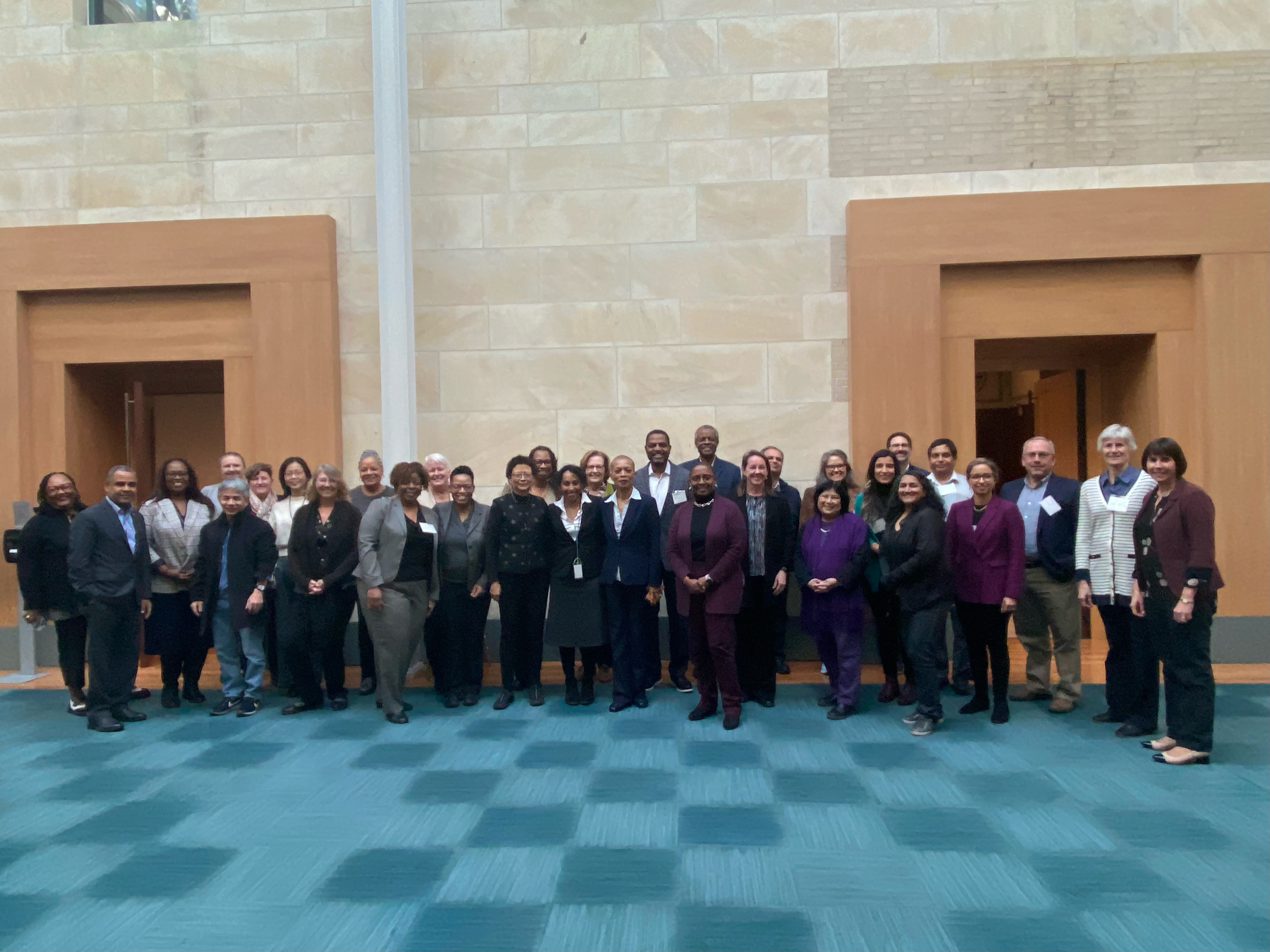
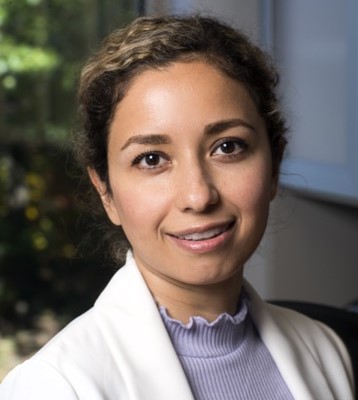
Three dozen government organizations, educational institutions and national labs, will work over the next four years toward transforming the pathways in tech education and careers with the aim of ensuring sustained resources and opportunities for people who identify as women of color.
Rafatirad is passionate about DEI issues and pursues research at the intersection of machine learning and underrepresentation in computer science.
"In almost every educational institution I've been part of, I was part of the minority," she said. "It's a difficult environment when you are part of the low representation within a group, expressing ideas. The more women are involved, the level of confidence for that population will increase."
This initial meeting was a chance for UC Davis and other founding institutions to share initiatives and programs that aim to lessen the gap for women of color in engineering programs.
Rafatirad shared such College of Engineering initiatives as AvenueE, which offers support and resources to transfer students in STEM curricula, and the Leadership in Engineering Advancement, Diversity and Retention, or LEADR, a program that focuses on first-generation student retention in engineering.
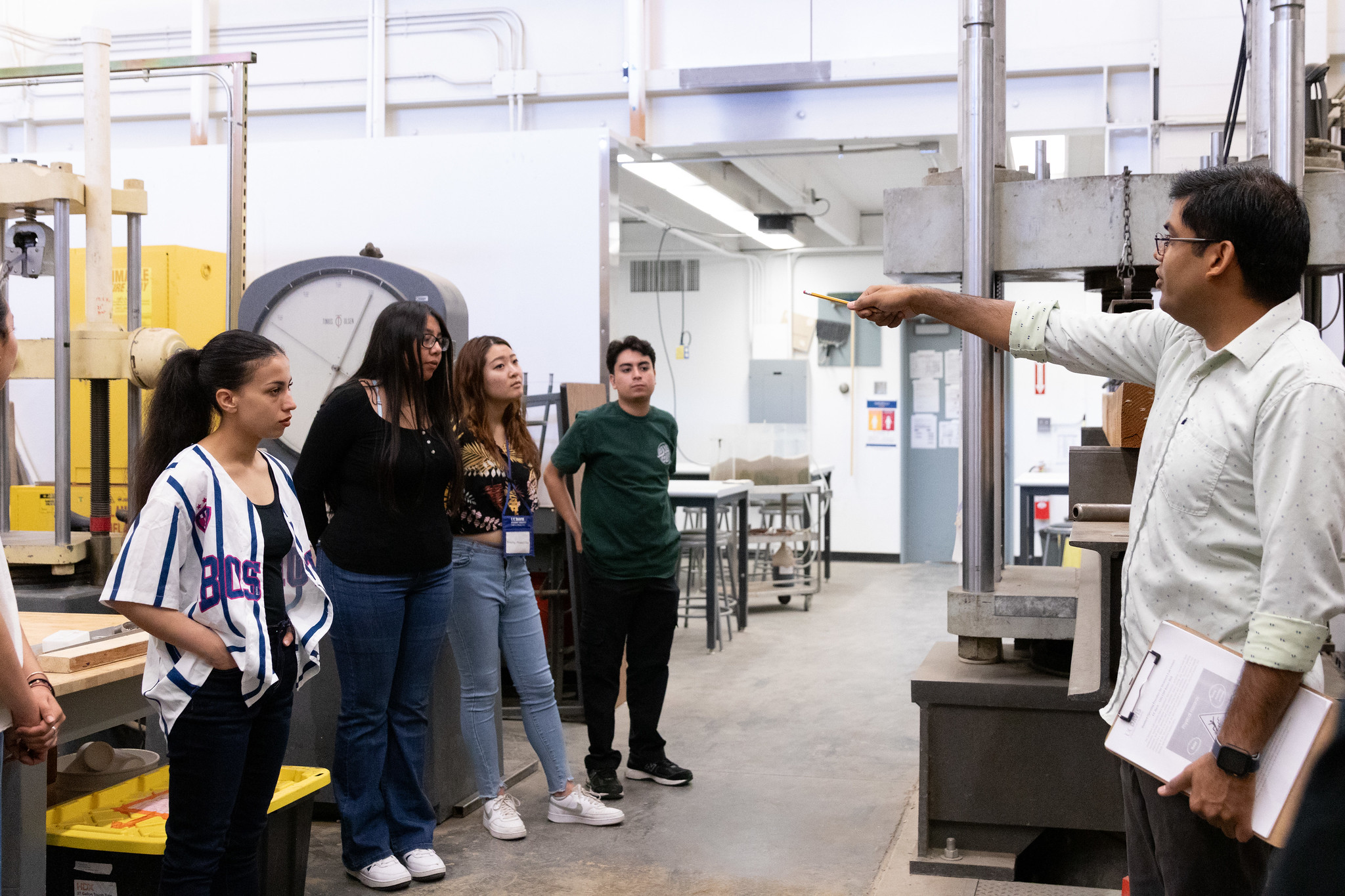
As UC Davis' representative, Rafatirad will continue sharing ideas and build on existing campus programs to make space in STEM education and careers for women of color. She is currently collaborating with the College of Engineering DEI committee to invite speakers from the UC President's Postdoctoral Fellowship Program to establish more awareness and opportunities for DEI faculty hiring.
"UC Davis has great potential in taking this to the next level," she said. "Participating in these kinds of events can give us more insights into what kinds of programs we can build."
Creating a Culture of Constant Change
For Renetta Garrison Tull, the first-ever UC Davis Vice Chancellor for Diversity, Equity and Inclusion and an adjunct faculty member of electrical and computer engineering, it's fitting for the university to be at the forefront of these discussions as a founding member of the National Academies initiative.
"The university is moving forward with our different committees connected and committed to equity and making a holistic institutional commitment to making sure that women and people of color thrive," she said. "We are taking what people are sharing with us in terms of advice and feedback. Our office thinks in terms of, 'Where can we iterate and what did we learn? How can we put that feedback in and then move to the next level of impact, connecting innovation to what was done before?'"
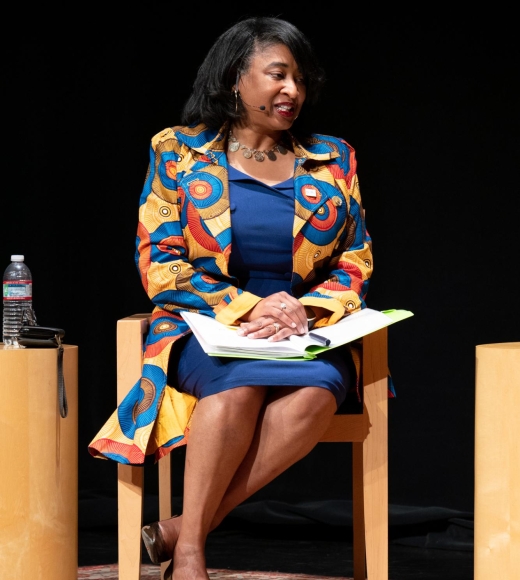
Charged with implementing the university's Diversity and Inclusion Strategic Vision, Tull advocates locally and globally for identifying and recruiting a diverse student body and faculty and staff; advancing a climate that fosters inclusion excellence; and promoting diversity and inclusion in research, teaching, public service and training across campus.
These efforts have resulted in the expansion of the PROMISE Engineering Institute, a multi-university network funded by the National Science Foundation, or NSF, that prepares diverse graduate students and postdocs to consider engineering and computer science academia as a career path and encourages faculty to engage in discussions about the role of research and teaching in DEI.
Tull's office has also worked to strengthen the university's presence in the National Action Council for Minorities in Engineering, or NACME, which provides scholarships for underrepresented minority college students pursuing careers specifically in engineering and computer science. In fact, NACME recognized UC Davis at its most recent conference and gala with multiple awards, including Alumna of the Year and a Partnership Award for 2024-2028.
In addition, the Center for the Advancement of Multicultural Perspectives on Science, or CAMPOS, an institutionalized result of NSF's ADVANCE project at UC Davis, has enhanced the presence of women and underrepresented faculty at UC Davis. The program forms a community of scholars and researchers who bring gender and multicultural perspectives to STEM and offers opportunities for mentorship, leadership development and networking.
Tull says the response to CAMPOS has been overwhelmingly positive over the years. The program fellows — seven of whom have come from the College of Engineering — have expressed a stronger sense of identity, connection and community. They also report feeling less isolated, which helps propel them forward in their work.
"... faculty members want to bring their whole selves to the table," Tull said, referring to celebrating faculty diversity in CAMPOS and making sure that there is room for research and innovation to thrive. "They want to be able to share things that are cultural references and family references, and people may be understanding and welcoming, but it is enhanced when they can also be in a community where they can be sharing those kinds of things without explanations or overarching questions. There's a level of comfort there where there's no additional cognitive load. It then provides more opportunity and more capacity to put toward the other work."
Safe and Supportive Spaces
For Estaina Resendiz Ortiz, a second-year aerospace engineering major and first-generation Latina, the LEADR center is the place where she can be her whole self.
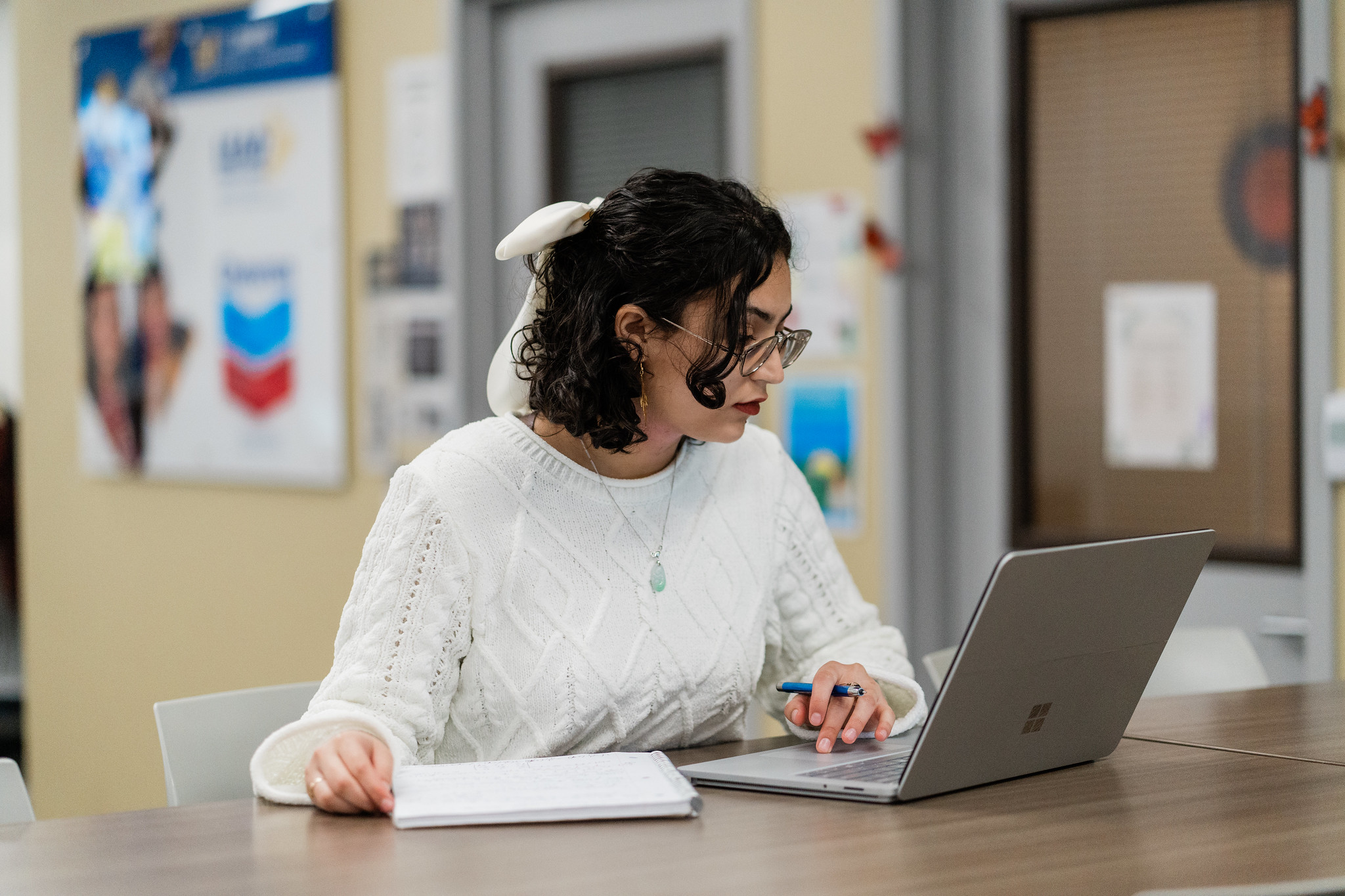
"Whenever I step into the LEADR center, I no longer have to code switch into this persona of professionality," she said. "I can simply be myself because the entire LEADR center is made up of students who come from a similar background — as a first-generation college student or a person of color in STEM — who are living through the STEM education."
Resendiz Ortiz describes LEADR as a crucial support system focusing on academic and personal well-being. For example, without the program's private tutoring, she muses that there are courses she may not have passed. There are also conversations facilitated through LEADR Resendiz Ortiz may not be having otherwise, like what it means to go to graduate school and whether the academic or industry path is the right fit for her.
When her thoughts turn to "What if engineering isn't the place for me?" she returns to LEADR, where other women and people of color in engineering majors are paving roads ahead of her.
That and her mother's saying, "Antes muerta que sencilla," which translates to "I'd rather be dead than basic."
"I'd rather be the unique, crazy one in the room than pursue something I'm not passionate about," she said. "It's also that support system that allows me to believe that if I'm ever in doubt, I can rely on these resources."
In addition to college-level programs like LEADR, AvenueE and E-SEARCH, there are also informal initiatives, like the Department of Biomedical Engineering's new Women+ lunches, that create space for conversations about lived experiences. Student clubs and teams have also been pivotal resources for support and opportunities for women pursuing STEM.
The Club of Future Female Electrical Engineers, or COFFEE, the Female Association of Civil Engineers, or FACE, the Society of Women Engineers, or SWE, and the Women in Computer Science, or WiCS, are some avenues for women to work with and learn from other women in their fields through built community, social events and professional workshops.
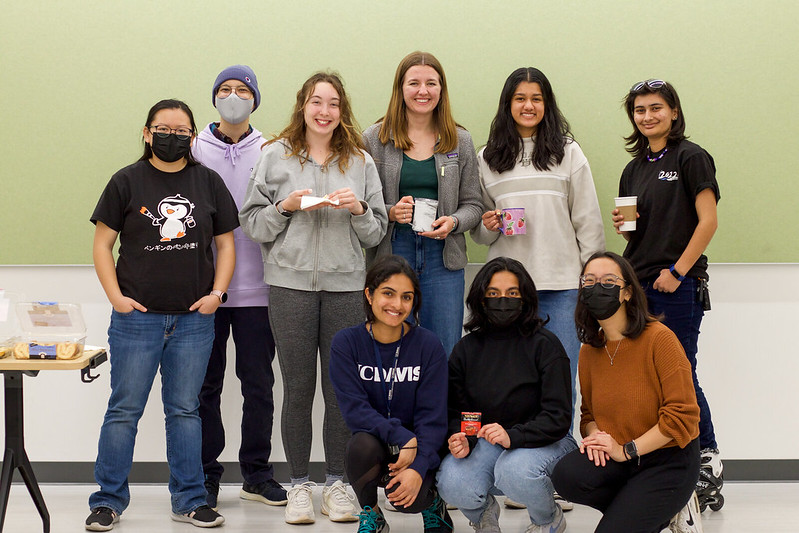
"WiCS has immensely shaped my college experience," Aine Keenan, a computer science major and president of WiCs, told the College of Engineering on International Women's Day. "Seeing firsthand how powerful a community pushing the initiative of women in tech forward is extremely motivating to me. The support given to all of the members has empowered me to continue fighting for change."
"I really appreciate student groups such as SWE," added Alexandria Shick, a biomedical engineering major. "These groups truly welcome all students and have helped me find my place in Davis, while allowing me to meet inspiring students."
Because of these support systems, women in the College of Engineering can gain confidence navigating unknown spaces, even though there may not have been many other women to do so yet and become a role model to other young women pursuing tech fields.
"With the right encouragement and fostering from these support systems, I can become this person who might be the first but won't be the last," said Resendiz Ortiz.
Taking Unpaved Roads
Tull speaks to a similar sentiment. Several years ago, a colleague at the Massachusetts Institute of Technology Media Lab invited her to bring a group of graduate students for a tour. The students, primarily African American, Latinx and Asian, entered the impressive six-floor space with an open atrium showcasing innovations in research and design. There were also photos of past inventors who mostly didn't look like them. But, Tull says, they were able to see what was possible.
"Even though they weren't represented on the walls, they still saw themselves as being a part of that enterprise because we had brought them into the space," she said, adding that your trajectory does not have to be bound by those who have gone before you — you can chart new paths.
"It's whether or not you're able to take the opportunities that are put in front of you. Learn what you can from other people, and never let your curiosity be limited by what society tells you should be your limitations."

